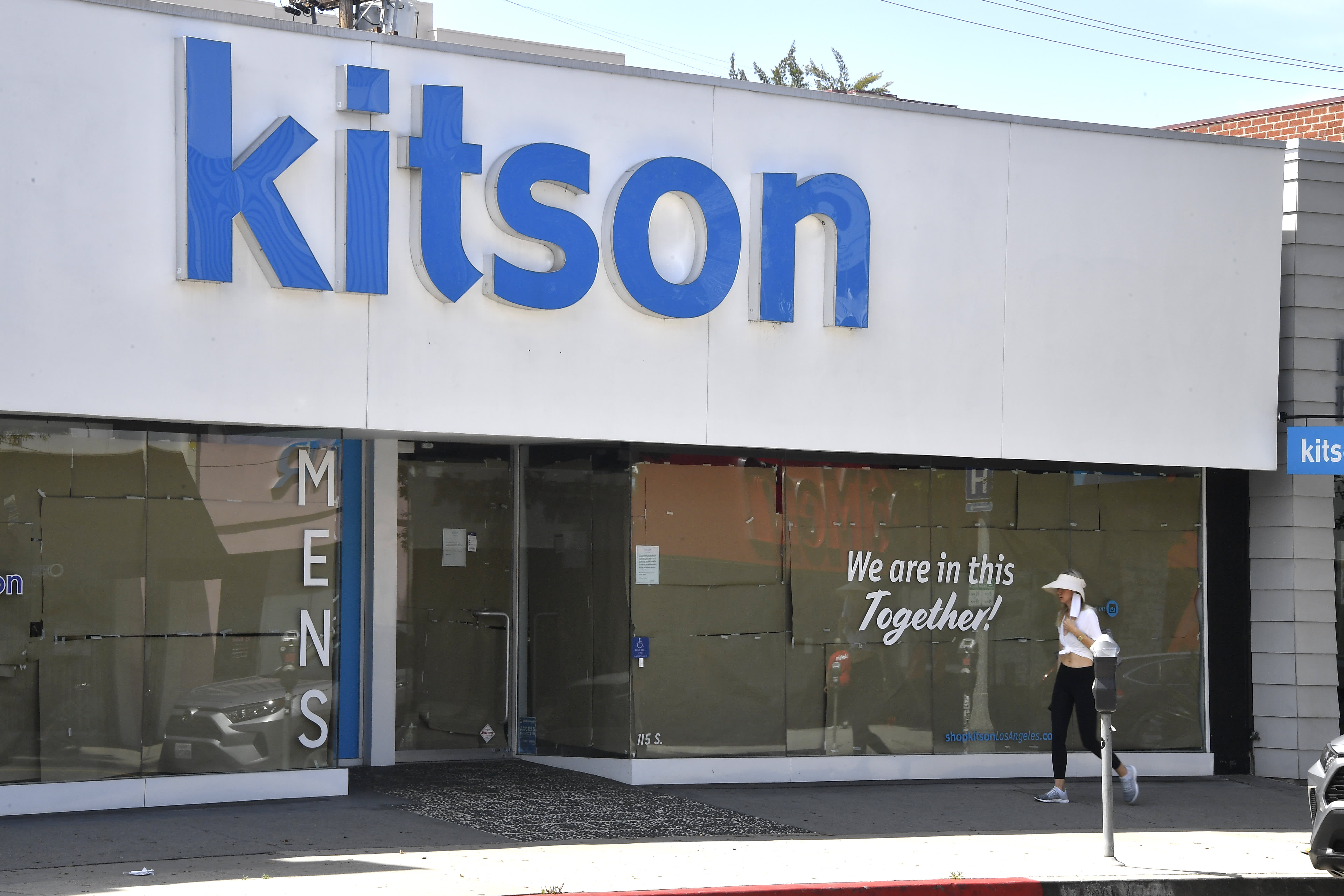Fraser Ross, owner of the popular Los Angeles boutique retailer Kitson, has boarded up his three stores. The once-thriving business is one of so many retailers experiencing the fallout from the riots and civil unrest that has ravaged the U.S. in recent days.
On the heels of the coronavirus outbreak and widespread business closures, now many business owners are assessing losses and damage from vandalism and looting.
“It’s more devastating,” said Ross. “With coronavirus, you were working with your vendors, your landlord … We’re now at a level where we have boarded our stores, and we have to get guards with weapons.”
Ross estimated his stores have at least $400,000 in damage. He has begun the process of filing a claim with his insurer The Hartford Group.
The silver lining for business owners impacted by these events is that damage from rioting is typically covered in property policies, according to the American Property Casualty Insurance Association.
An APCIA spokesperson said riots and riots attending a strike are “named perils” in property policies, unless it is excluded by some special surplus lines form, and would be included on an “all-risk” policy as those are broader.
“In general, a business owner’s insurance policy covers damage to property and the contents inside when the cause is fire, riots, civil commotion or vandalism,” the Hartford told CNBC. “Additionally, a standard business policy covers loss of income if the income loss results from physical damage to the premises caused by a riot or civil commotion.”
However, insurers note that each claim is different and will be evaluated on its unique set of facts and the terms of their policy.
It’s unclear what the nationwide losses will be from these events. However, for a sense of scale, the riots that followed the Rodney King police beating in 1992, resulted in $775 million in damage, or $1.42 billion today, according to the Insurance Information Institute.
One unique challenge for the current situation is that businesses will be documenting lost income following weeks or months of closures during coronavirus. That could present a challenge and may require insurers to get innovative in figuring out how to compensate policyholders.
“We may have to treat it like a newly formed business to put together a reasonable forecast,” Robert O’Brien, managing director of Marsh property claims practices, said.
In any case, businesses should contact their insurers as soon as possible after an incident and gather as much documentation as possible.
Ross did not get a police report for the damage and loss to his Kitson store but he’s hoping that the video he shot of his store will help him recover any damages.
“Who’s gonna have time to go file a police report right now” he asked.
A view of Kitson Store on Robertson displaying a message on their window during the COVID-19 lockdown on April 22, 2020 in Beverly Hills, California.
Frazer Harrison | Getty Images
